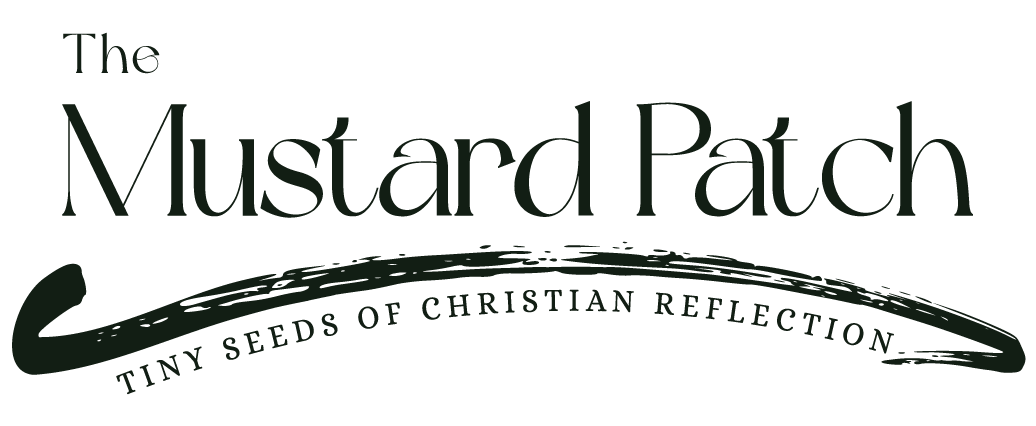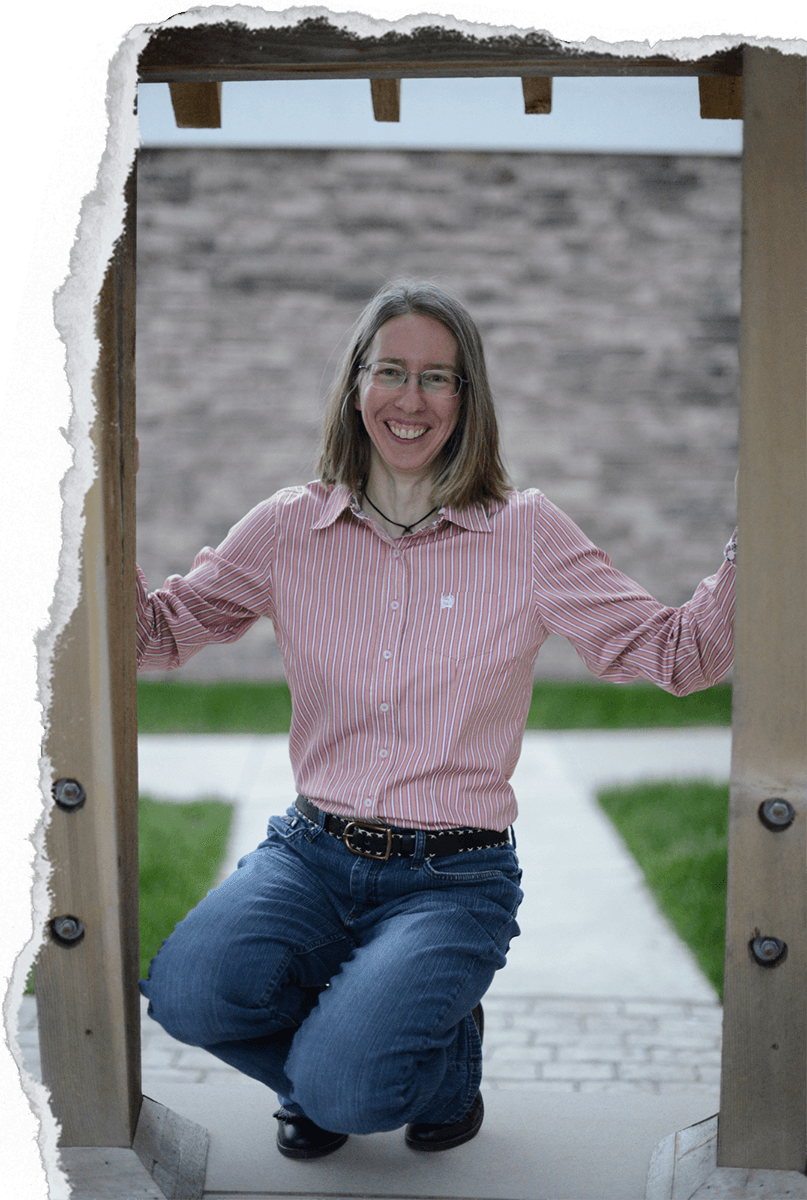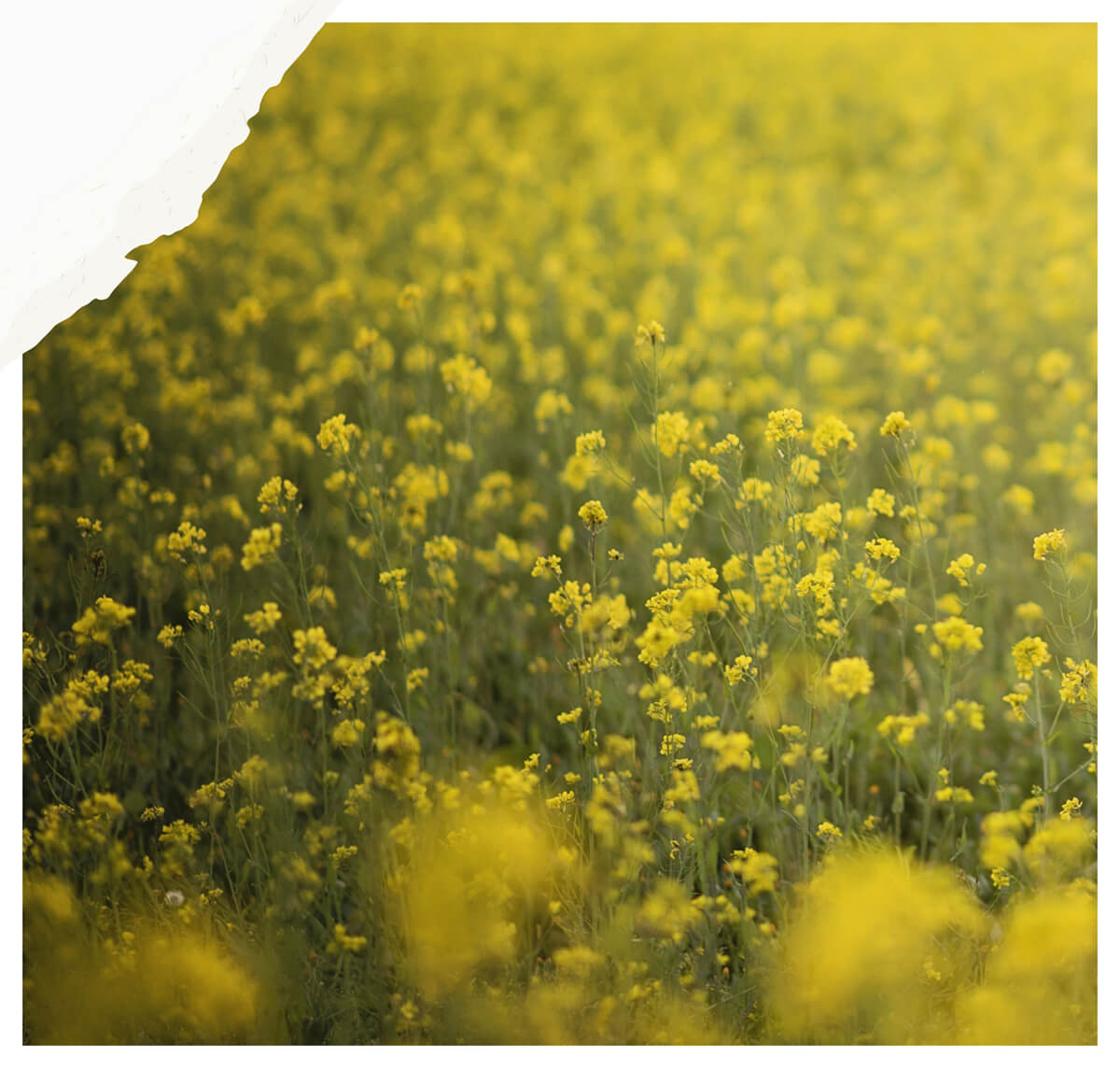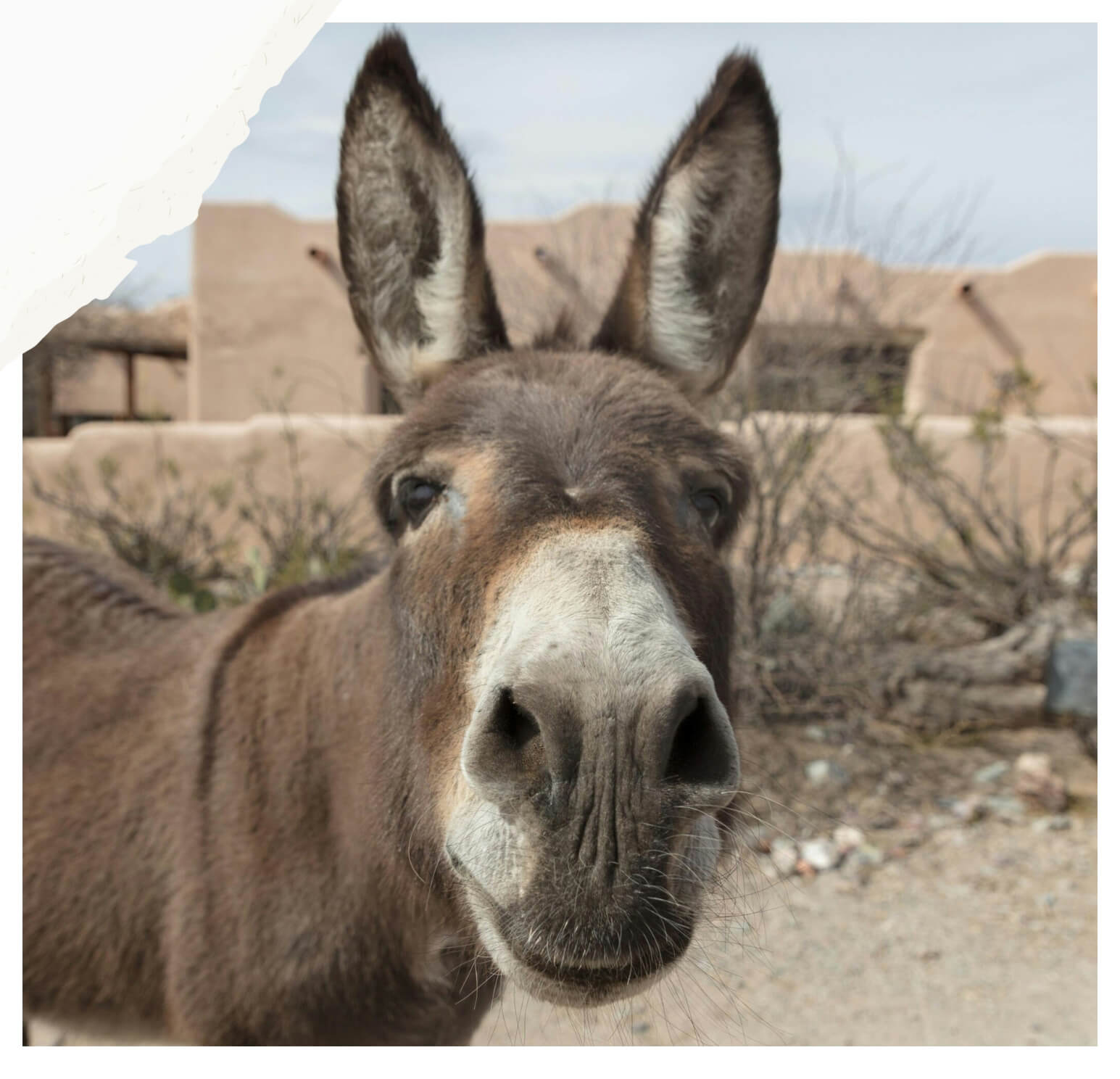Recently on the Mustard Patch...
The Primacy of Love
I do not have time to write this topic well. Which raises the risk that I will never write it at all. Please allow me to toss some raw-ish thoughts into the universe. A year ago, maybe more (yes, the risk of never writing this is very real), I was listening to an audiobook by…
Find Fun (A MiniMustard Devotional)
Today’s seed for thought: Find Fun. It was a little wet out tonight. Then I found this overflowing downspout that I couldn’t resist. The sound of the water drumming on my raincoat made me laugh out loud. Better than one of the massaging shower heads, I’d say. My dog decided she wanted in on the…
Multitasking? Multi-distracting!
Today’s thought to ponder: You think you’re multitasking. You’re actually multi-distracting. On a particular Sunday when sickness kept me home, I was sorting files while listening to church online. I was on my third sermon of the day from as many different preachers when the pastor said: “Multitasking is a way of life in the…
If faith as small as a mustard seed can move mountains, imagine what a whole patch can do!

About Janet and The Mustard Patch
Janet Beagle, PhD is the founder of The Mustard Patch. Her writing has appeared in numerous publications including The Word in Season, The Secret Place, and Focus on the Family’s Clubhouse and Clubhouse, Jr., among others. She divides her time between the Midwest and New England, and if she’s not writing, she’s probably out hiking with her 2-and 4-footed friends.






